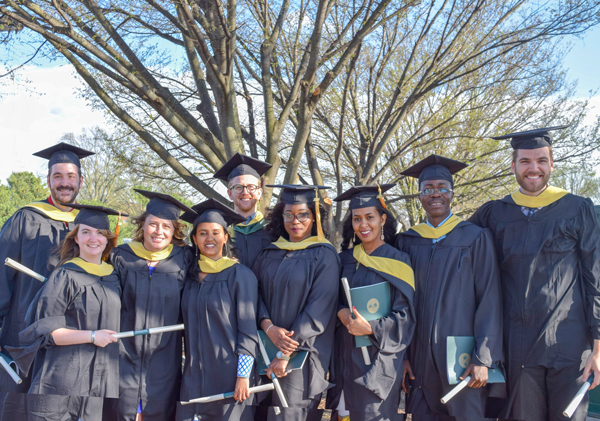M.S. Degree
 The Master of Science (M.S.) degree in Agricultural, Food, and Resource Economics equips students with a strong base in applied microeconomics that can lead to exciting careers in business, government, or the non-profit sector. It can also set the stage for Ph.D. studies.
The Master of Science (M.S.) degree in Agricultural, Food, and Resource Economics equips students with a strong base in applied microeconomics that can lead to exciting careers in business, government, or the non-profit sector. It can also set the stage for Ph.D. studies.
- Students begin by taking core courses in microeconomic analysis, mathematical and statistical applications for economists, and quantitative methods (typically econometrics). They proceed to elect a set of courses tailored to their interests (for a total of at least 24 credits, with each course usually 3 credits). Two paths to the M.S. degree are offered.
- For students desiring a major research project, the Plan A option culminates in a thesis (6 research credits).
- For students desiring more course study, the Plan B option features a research paper (3 research credits) plus a minor field (6 additional courses credits).
- Typical degree completion time for the M.S. degree is two calendar years, though earlier completion is possible. Full details on M.S. degree requirements are available in the Department’s Graduate Policy and Program Handbook.
- M.S. students who perform well may continue to the Ph.D. program with the support of their major advisor and permission from the director of graduate studies. Interested students follow two major routes to getting permission:
- completing the M.S. degree first, and
- completing one year of M.S. courses and entering the Ph.D. first year course sequence to demonstrate their competence.
Completed Theses and Plan B Papers
View the theses and Plan B papers written by AFRE M.S. graduates since 1990.



 Print
Print Email
Email